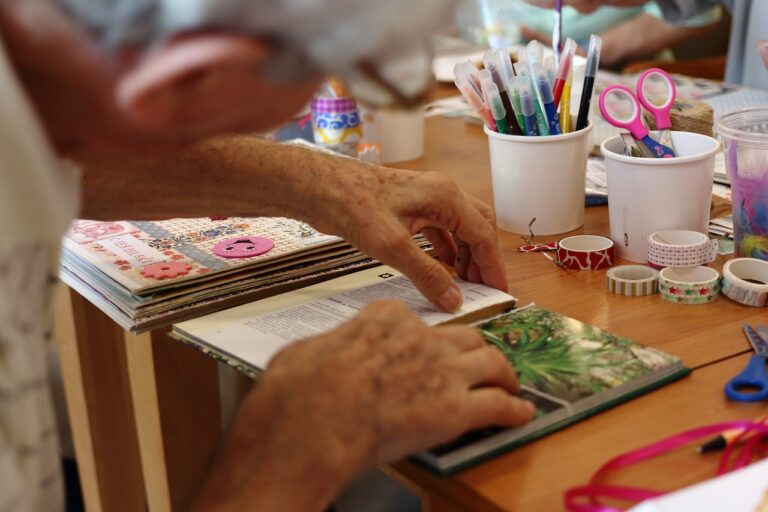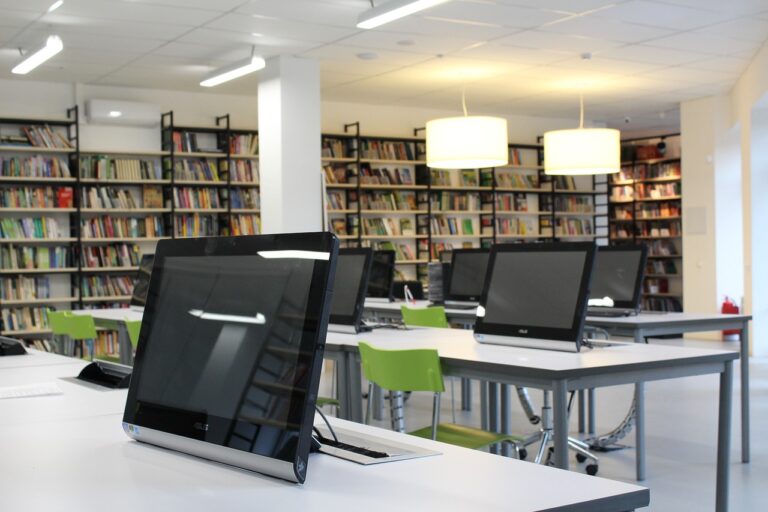Supporting Childrens Social Skills Through Peer Interaction and Collaboration: World 7 login, Mahadev book id login, Silver777 login
world 7 login, mahadev book id login, silver777 login: Supporting Childrens Social Skills Through Peer Interaction and Collaboration
As children grow and develop, one essential aspect of their growth is the development of social skills. Social skills play a crucial role in a child’s ability to communicate effectively, build relationships, and navigate various social situations. One effective way to support children in developing their social skills is through peer interaction and collaboration.
Peer interaction and collaboration provide children with the opportunity to learn from each other, practice important social skills, and develop important life skills such as communication, teamwork, and problem-solving. When children engage in peer interaction and collaboration, they learn how to listen to others, express their thoughts and ideas, take turns, and work together towards a common goal.
Here are some key ways in which peer interaction and collaboration can support childrens social skills development:
1. Building Communication Skills: Interacting with peers allows children to practice their communication skills by expressing their thoughts and ideas, listening to others, and engaging in meaningful conversations.
2. Developing Empathy: Through peer interaction, children learn to understand and empathize with others perspectives, feelings, and experiences, which is essential for building strong and positive relationships.
3. Enhancing Problem-Solving Skills: Collaborating with peers on tasks and projects helps children develop their problem-solving skills as they work together to find solutions and overcome challenges.
4. Building Confidence: Peer interaction and collaboration provide children with the opportunity to share their thoughts and ideas, receive feedback, and contribute to group discussions, which can help boost their confidence and self-esteem.
5. Learning From Each Other: Children can learn from their peers by observing their behaviors, skills, and approaches to various tasks, which can help them broaden their perspectives and knowledge.
6. Fostering Teamwork: Collaborating with peers on group activities and projects helps children learn the value of teamwork, cooperation, and working towards a common goal.
Incorporating peer interaction and collaboration into children’s daily routines can be done in various ways, such as through group activities, games, discussions, and projects. Teachers, parents, and caregivers can create opportunities for children to interact with their peers in a positive and supportive environment that encourages communication, cooperation, and teamwork.
FAQs
Q: How can parents support their children in developing social skills through peer interaction?
A: Parents can support their children by encouraging them to participate in group activities, playdates, and social events where they can interact with their peers. Additionally, parents can model positive social behaviors and communication skills for their children to emulate.
Q: What are some benefits of peer interaction and collaboration for children’s social skills development?
A: Some benefits include building communication skills, developing empathy, enhancing problem-solving skills, building confidence, learning from each other, and fostering teamwork.
Q: How can teachers incorporate peer interaction and collaboration into the classroom?
A: Teachers can create opportunities for peer interaction through group projects, discussions, collaborative learning activities, and team-building exercises. By fostering a supportive and inclusive classroom environment, teachers can help children develop their social skills through peer interaction and collaboration.







